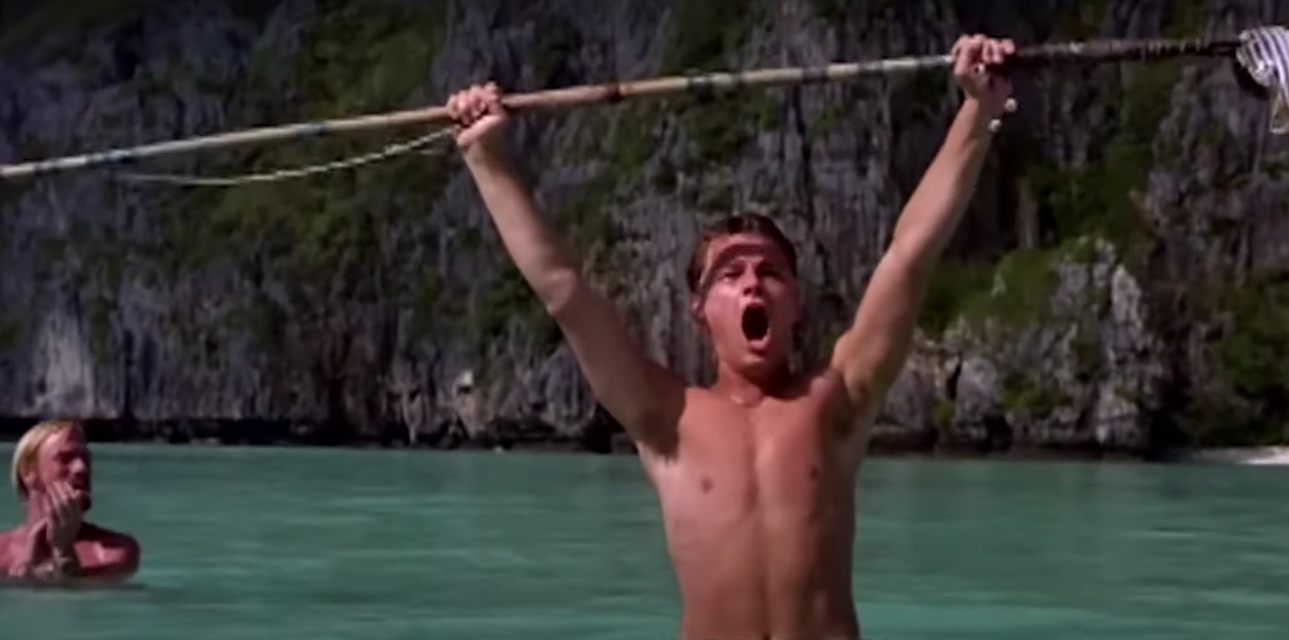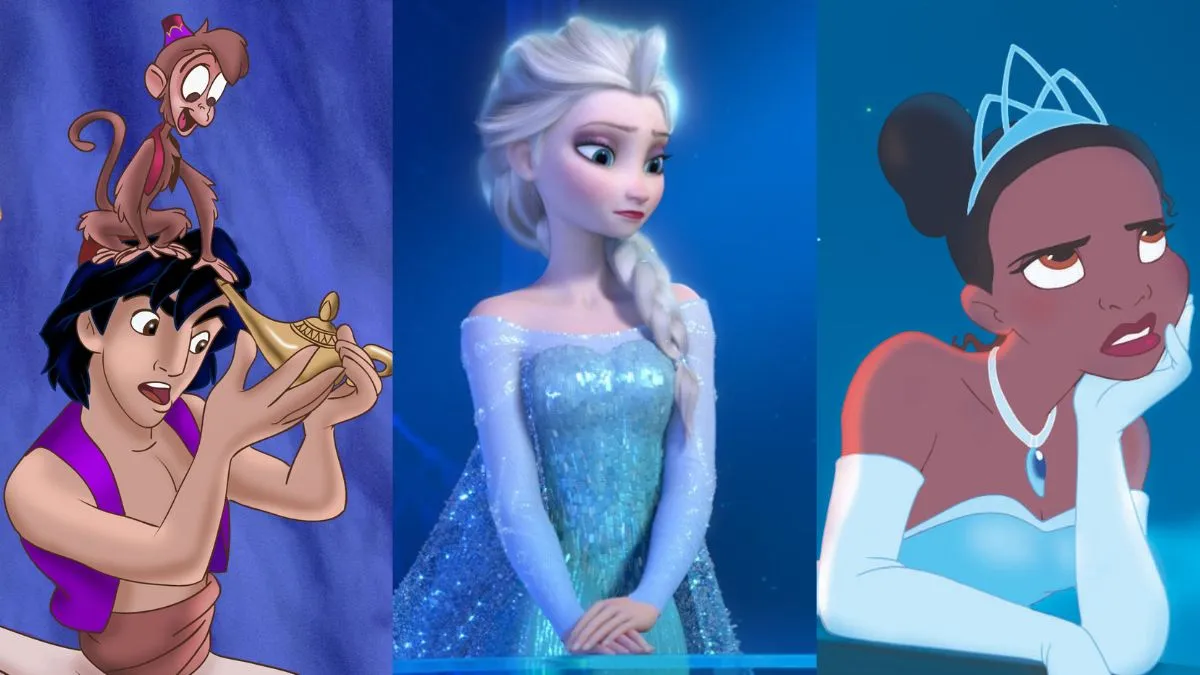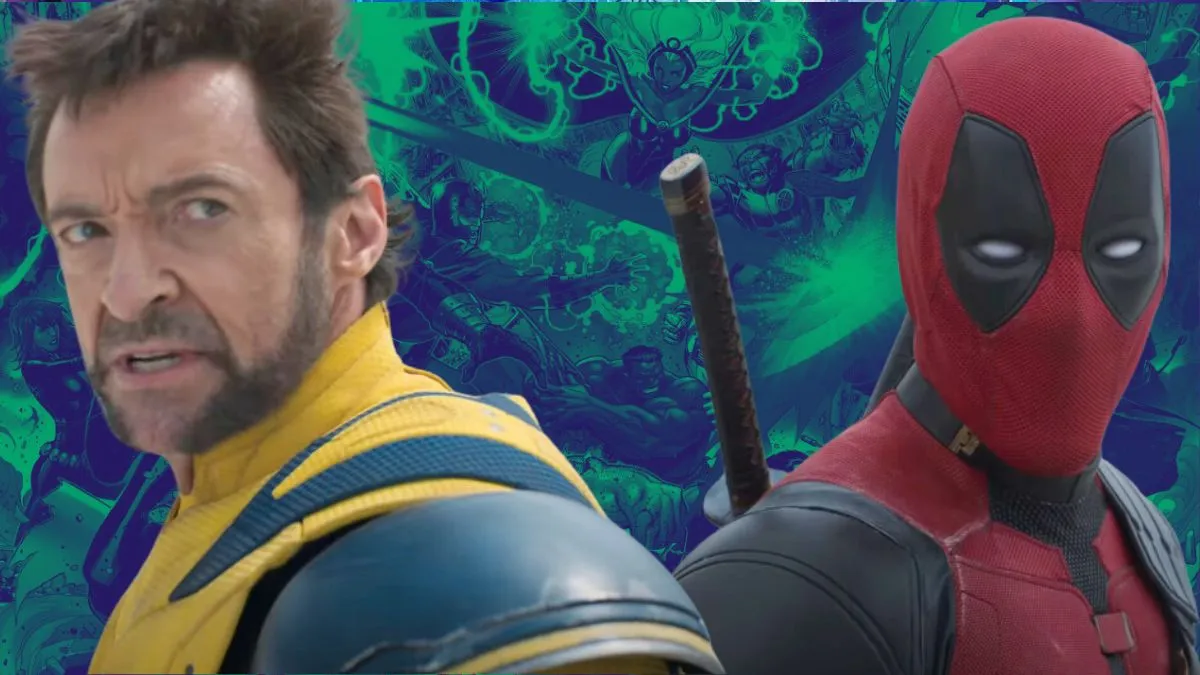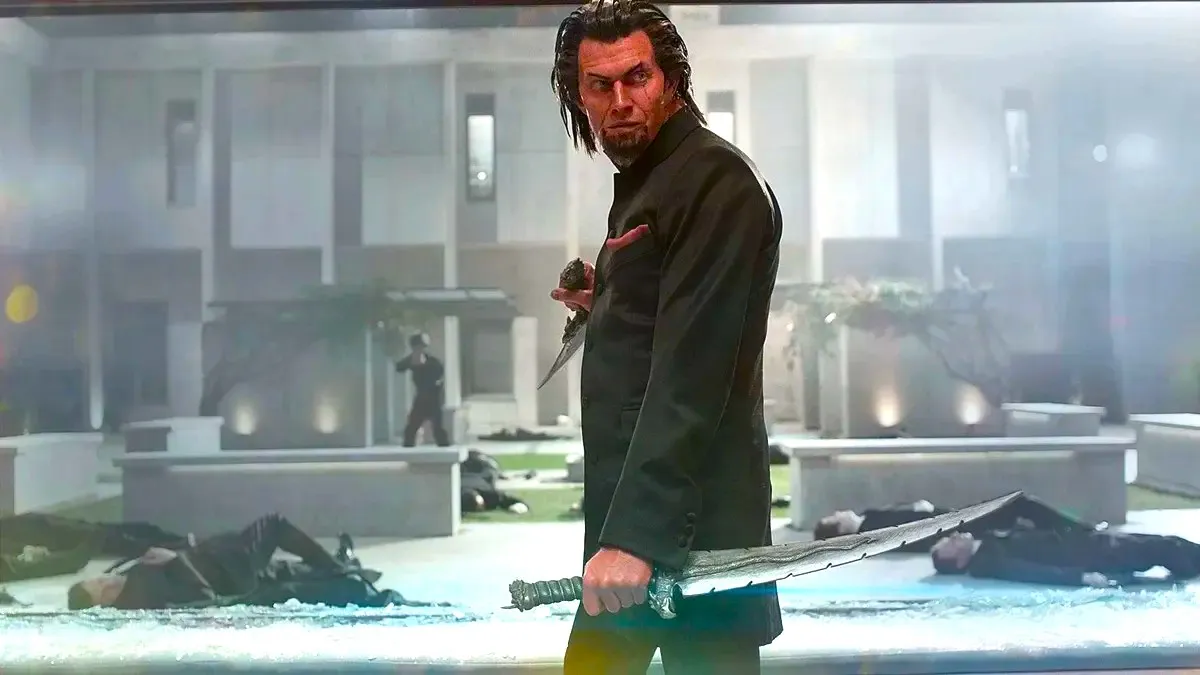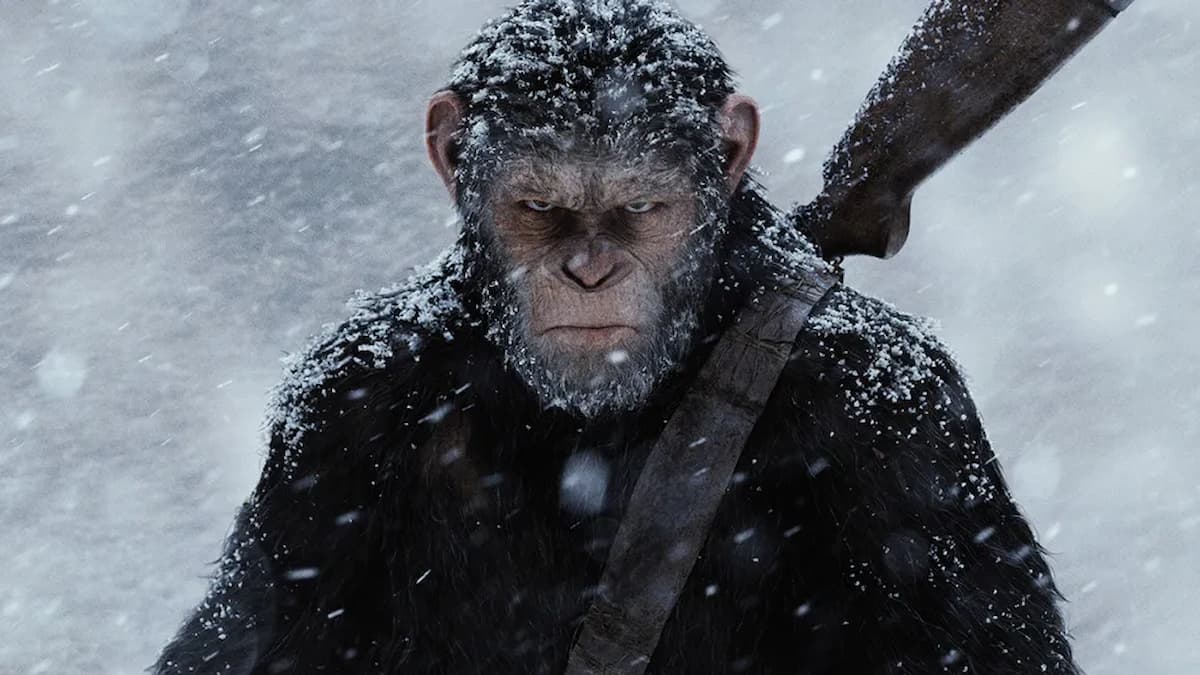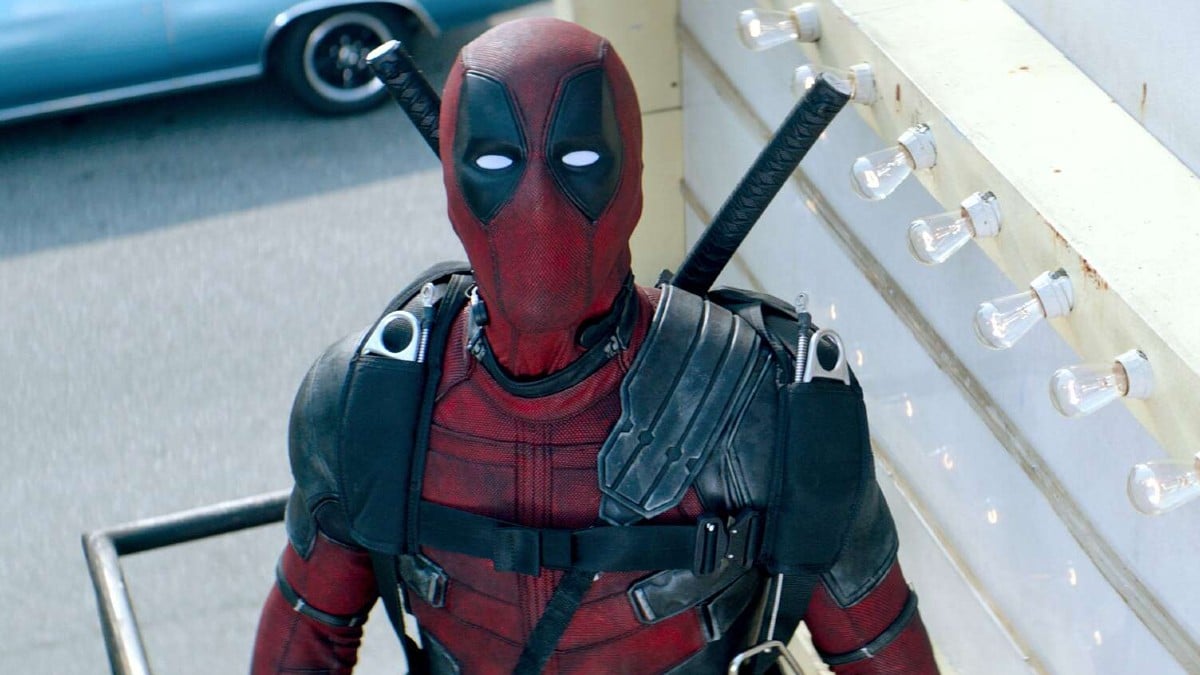Alex Garland released his third feature as a director this week, the supernatural horror movie Men, and yet his fingerprints are all over several essential movies released over the last two decades. Garland got his start as a novelist in the early 2000s, but has since moved into every aspect of the movie business, beginning as a screenwriter on movies like 28 Days Later and Dredd before debuting as a director with 2014’s Ex Machina. He’s even taken his talents to television, writing and directing the excellent FX miniseries Devs in 2020.
Throughout his work, Garland retains a very specific and endlessly fascinating view on human nature. These ideas are almost always refracted through the prism of science fiction, but unlike many in the genre, Garland does not drown his work in pessimism. Even when he is telling stories of ravaged dystopian lands, invasive supernatural entities, or worldwide pandemics, he remains at least somewhat hopeful of humanity’s ability to overcome. That’s not to say bad things don’t happen in Garland’s films, they almost always do, but he is a filmmaker and writer more interested in why than what or how — something that makes his movies more slow-burn psychological examinations than explosive plot machines. Not all his movies are perfect, but they are all worth your while. While working through each of his eight films, you’ll want to move in order of worst to best—and it’s not the order you’re thinking.
8. The Beach (2000)
The Beach is an interesting addition to this list because, while it isn’t written or directed by Mr. Garland, the film is based on his best-selling book of the same name and so remains essential in understanding Garland’s entire body of work. The circumstances of its creation do, however, make it a bit difficult to talk about from a critical perspective. Whether anything about the movie would have been substantially different had Garland written the screenplay is unclear. That being said, you can very much see signs of a first book within The Beach, where the setup, character building, and a laundry list of ideas never really fulfill their promise. Which is a shame, because there is a better movie here, especially given spirited performances from the likes of Leonardo DiCaprio and Tilda Swinton. Unfortunately, it is hidden too deeply within a jungle of meandering plot, goofy set pieces, and half-baked ideas.
7. Never Let Me Go (2010)
Alex Garland’s movies never really seem to have much time to linger too long in any one place. They’re always hurtling toward some — usually doomed — end. Perhaps ironically, Never Let Me Go, the dystopian tale of clones bred for the express purpose of organ donation, is one of his more measured, thoughtful movies. Based on the book of the same name by Kazou Ishiguro, Never Let Me Go stars Andrew Garfield, Keira Knightley, and Carey Mulligan, continuing Garland’s trend of working with exceedingly talented actors throughout his career. The film was praised for its ability to retain the heart and power of the novel, with many critics singling out Garland’s work as screenwriter as specifically impressive given the difficulty of adapting such a thoughtful, complex novel for the screen. Garland’s attraction to the material is fitting considering that, as with some of his later work, it is an exploration of the question of what makes us human.
6. Dredd (2012)
Not even Garland — as experimental and inventive a screenwriter and director as he is — is immune to the pull of the comic book adaptation. Dredd, based on the 2000 AD comic strip series Judge Dredd, is helmed by a little-known comic book character, and yet this 2012 film actually marks the second adaptation of the story, the first having been released in 1995 starring Sylvester Stalone. Dredd takes place in 2080, a time when much of the United States has been laid to ruin, all except Mega-City One, a massive metropolis encompassing much of the eastern seaboard. Our titular Judge Dredd (Karl Urban) is tasked with policing a portion of the city, something we soon learn is nearly impossible given the city’s dilapidated state and rampant drug problem. The drug in question, named “slo-mo,” slows the user’s perception of time to one percent of its regular rate and is largely controlled by a kingpin named Ma-Ma (Lena Headey). Like many of Garland’s stories, and unlike many comic book movies, Dredd is a contained story, choosing to focus squarely on Dredd’s quest to foil Ma-Ma’s drug empire rather than some world-traversing story of good versus evil. Whether they meant for this movie to kick off a Dredd series is unclear but it’s pretty cool to see Urban — who would later go on to star as Billy Butcher in The Boys — get his feet wet in the genre.
5. Sunshine (2007)
If you are one of the premiere science-fiction screenwriters working in Hollywood you are almost required to take a swing at the final frontier: space. Sunshine is Garland’s largely successful attempt at exploring the outer reaches of our solar system while retaining the human turmoil and grounded emotional reality that is a staple of his work. Starring Michelle Yeoh, Cillian Murphy, and Chris Evans, Sunshine tells the story of the Icarus II, a spaceship whose mission is no less massive than to reignite our dying sun with a nuclear fission bomb powerful enough to do so. This is, obviously, an already stressful situation but the tension is ramped up even further when the crew receives a distress signal from the ill-fated Icarus I. Again, Garland uses these heightened situations to explore humanity’s ever-shifting balance between triumph and destruction and how — in almost every way — we remain our biggest enemy. Sunshine, more than even 28 Days Later, could be said to be the closest Garland has ever come to writing a traditional horror movie. That is, until 2022’s Men made its way onto screens.
4. Men (2022)
While you will see many filmmakers expand the scope of their stories as their career progresses, Garland seems intent on burrowing down further and further into the themes that interest him most. Men, which premiered last Friday, tells the story of Harper (Jessie Buckley), a woman taking to the English countryside as a way of recovering from a particularly traumatic event in her marriage. As is the case in almost all of Garland’s films, things are not exactly as they seem which becomes evident early on in Men and leads to some truly unsettling moments for our protagonist. While this is without a doubt the closest Garland has come to making a traditional horror film, this is still a story that trends toward the supernatural more than any kind of slasher, jump-scare fare you might expect seeing a more traditional horror movie. Overall, Men is an incredibly insular film, focused on unwrapping Harper’s trauma by taking a trip (and “trip” is definitely the right word here) into her fractured mind and how deeply it’s been affected by her interactions with a troubling world. This pinpoint focus is both an effective frame and a bit of hindrance to the movie, keeping things contained in a way that makes any larger point obscured by such individual experience.
3. 28 Days Later (2002)
This is the coronation of Garland’s wunderkind phase. If your first novel is a best-seller and your first screenplay is 28 Days Later, both written before the age of 32, you have already surpassed most writers’ wildest dreams. That’s how good 28 Days Later, a zombie-adjacent, existentially searching dystopian tale, is when it’s at its best. The movie centers on Jim (Cillian Murphy), a man who wakes up in a hospital 28 days after the world is decimated by an apocalyptic event, an event whose origins we get a sense of in the film’s intense cold-open. Jim, like the viewer, is completely oblivious but with the help of characters like Selena (Naomie Harris) and Frank (Brendan Gleeson) is able to piece together the horror of the world in which he now lives, one where a single mistake can quickly become deadly. Again teaming up with director Danny Boyle, Garland’s script toes the line between humanism and fatalism in a way we see pop up again and again throughout his filmography. Humans are both the best and worst part of this world run amok with diseased, raging, bloodthirsty monsters, and Garland never really shows his hand as to whether we should remain hopeful or desperate.
2. Annihilation (2018)
In a way, Annihilation sees Garland come full circle. His movie career got its start when Danny Boyle decided to adapt his novel The Beach and here Garland does the same for Jeff VanderMeer, whose science fiction book of the same name was a pretty huge hit in its own right. Annihilation centers on a mysterious and otherworldly event called “the shimmer” that occurs within an area the government has deemed “Area X”. We enter Area X along with a crack team of scientists and medical professionals, which includes Gina Rodriquez as Anya, Tessa Thompson as Josie, Jennifer Jason Leigh as Dr. Ventress, and Natalie Portman as Lena. Portman and the rest of the team are tasked with finding out what exactly the shimmer is, what happened to the previous teams of military personnel who entered Area X, and why it seems to be expanding at a rapid rate. The front half of Annihilation does a fantastic job of laying out the tension of such an exhibition. For example, we learn early on that Lena’s husband, played by a both charming and painfully distant Oscar Isaac, was one of the early explorers of Area X. Each of the crew, however, have their own reason for entering Area X, reasons that slowly come to light as the expedition takes turn after mysterious turn, things never precisely how they seem. Annihilation is a movie that relies heavily on its visuals, which are particularly breathtaking, a practical feast for the eyes. The story, though, becomes increasingly impressionistic as we enter the film’s final stages, where logic is twisted and reality morphed so drastically as to leave you a bit unsure of what exactly it is you just watched. To the movie’s credit, that seems to be somewhat the point, as easy answers are not something Garland feels particularly interested in providing. It’s a theme we see grow as Garland’s career progresses, one that can be as frustrating as it is enlightening.
1. Ex Machina (2015)
You really can’t overstate how impressive this film is, especially when you consider the fact that this was Garland’s debut effort as a director. Ex Machina is somewhere between an extended Twilight Zone and a Black Mirror episode; disquieting, vaguely futuristic, and eminently unpackable. The film stars Oscar Isaac, Domhnall Gleeson, and Alicia Vikander in what is a very tight and contained story, something Garland seems to return to throughout his filmography. The story begins when Isaac’s Nathan, a kind of Zuckerbergian figure who is both renowned and incredibly wealthy for creating a Google knock-off called Blue Book, invites Gleeson’s Caleb to come to his impressive and imposing home to perform a Turing test on his newest invention, an AI humanoid named Ava (Vikander). From there, Ex Machina is a three-way battle of wits, each side acting out of pointed self-interest, though motivation is often shrouded in mystery. This is a movie that manages to be, both visually and narratively, incredibly self-contained while exploring such Descartian topics as the nature of consciousness itself. It also serves as a proper entry into the central themes of Garland’s future films where events and their consequences are never to be taken fully at face value.


